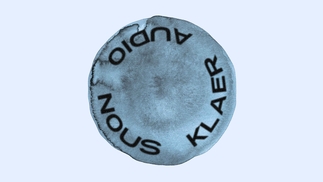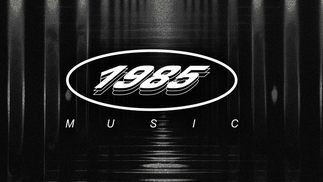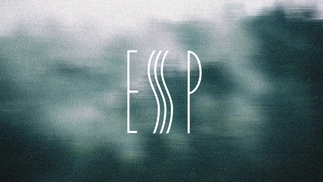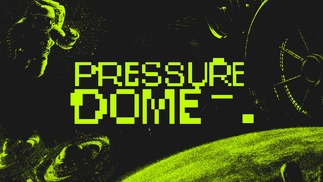The Sound Of: boxout.fm Recordings
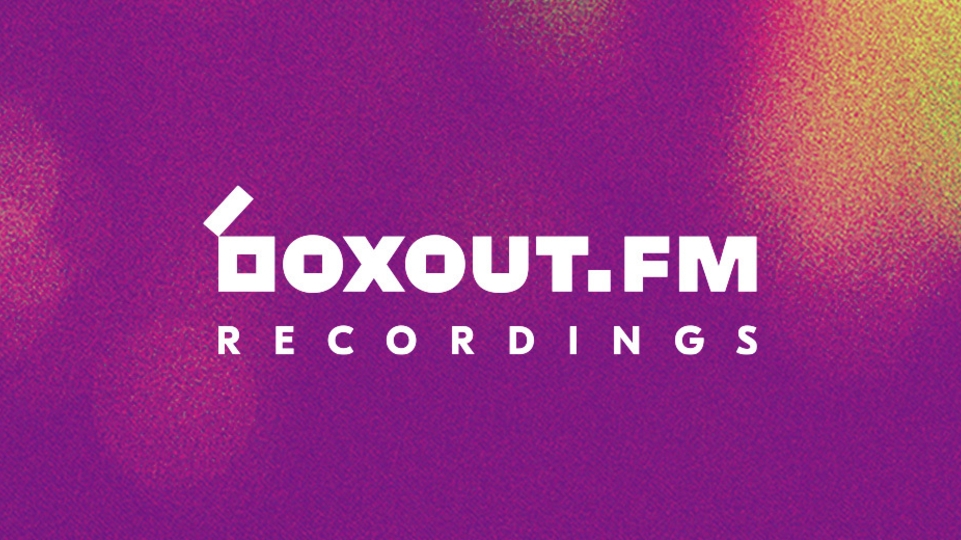
Showcasing the diversity of sounds on offer in the Indian electronic music scene and inspiring a new generation of artists to get creative, boxout.fm Recordings has evolved from radio station to club night to vital label. Alongside a mix from its catalogue recorded by Mutable Mercury, founder DJ MoCity tells Safi Bugel about the platform’s journey so far
“People think musicians in India only make music that sounds ‘Indian’,” Mohammed Abood, founder of boxout.fm Recordings, explains to DJ Mag. “In reality, there’s a large group of people who are interested in independent music rather than just Bollywood; they are inspired by everything and make all sorts of genres and styles.”
Challenging these narrow outsider perspectives is intrinsic to the New Delhi label: its founding principle was to highlight the range of sounds being created across the country, and the artists behind them, to a global audience.
A browse through boxout’s Bandcamp profile testifies to the diversity in India’s musical output, as well as the label’s success in its mission to shout about it. Arushi Jain’s swelling modular synthesis and Salty Prawn’s downtempo beats sit alongside the jittering mechanics of Lacuna, while the label’s latest release brings together Carnatic vocals, gqom and dub.
Abood, also known as DJ MoCity, was born in Iraq but spent the first 25 years of his life in India. After some time in Dubai, he returned permanently to New Delhi in 2016. Working as a promoter and label manager across both the Middle East and South Asia (264 Records and AfterShock), Abood developed a keen interest in the underground music scene around him. “I thought: India has so much going on, so why can’t we share that with the world?” he recalls.
Drawing on platforms such as NTS, Dublab and The Lot, as well as Abood’s own experience in music broadcasting, boxout. fm was initially launched as a radio station in 2017. Abood felt there was a lot happening but with little cohesion, and he wanted to nurture a sense of community. For at least three of the five years it operated, the now-defunct station streamed music for 24 hours a day, seven days a week, with more than 400 residents on board.
The shows spanned mood and format, from experimental sound collages to pumping, dancefloor-ready mixes. Though live broadcasting ceased back in April due to staff shortages, the content is still available to listen back to via a new online discovery platform — a “capsule archive of those five years,” Abood says.
With its open-minded approach and penchant for leftfield sounds, boxout.fm provided an alternative to the thousands of commercial, advertisement-driven channels in India. Though other independent stations were operating at the time, namely Radio 79 and Monkey Sound Radio, Abood says boxout.fm was the first of its kind as a non-genre-specific space.
Around the same time, the boxout.fm team introduced its eponymous flagship club night, extending the showcase beyond the digital world. Taking place weekly, Boxout Wednesdays bring together 500 party-goers to the sounds of local and international DJs. boxout.fm Recordings, the label offshoot, followed soon after. “We were like, ‘Oh, we don’t have enough work’ — in reality, no, we actually had too much work!” Abood laughs. “We launched the label because we were like ‘Yeah, let’s do it all.’”
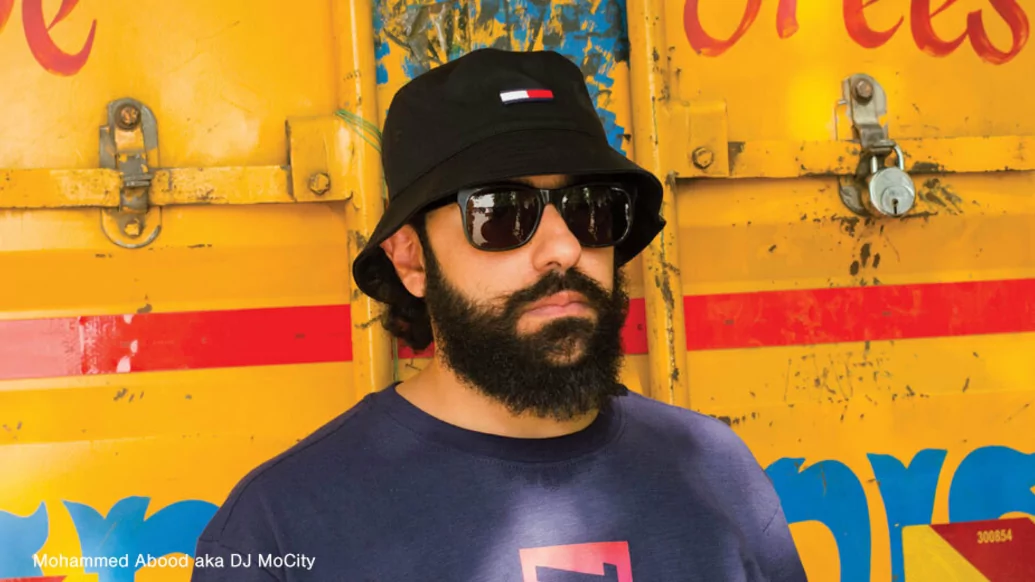
The first records, Profound’s ‘Dream Journal’ LP and Lacuna’s ‘Strains’ EP, were released on vinyl within the label’s first year — something that Abood acknowledges was a bold move for a new initiative: “It was a wild idea but we kind of tend to gravitate towards things that seem impossible.”
Now only releasing digitally, boxout.fm Recordings has put out over 20 different projects in the last five years, working with artists from Goa to Bangalore. Abood refers to the discography as a “catalogue of what the country has to offer”, adding, “When we do things, we want to do it as good as anyone else in the world.”
The intention to uplift Indian talent extends to the label’s visual identity. boxout.fm has worked with the same three primary designers from the start, who develop animated and colourful illustrations to accompany the records, promotional material and music videos — a nod to the art being created in the country.
But as well as promoting a generation of homegrown creativity to the rest of the world, the label also serves a purpose on a local scale. Abood believes boxout.fm has fostered an ecosystem that supports Indian artists in a context where support for electronic music on a state level is “non-existent”.
Indeed, many of the musicians boxout has worked with have gone on to enjoy careers in creative industries across the world. Suchi, for example, is a quickly emerging name across Europe and Asia, acclaimed for her percussive grooves and dreamy breaks by the likes of Boiler Room and Radio 1 Dance. Meanwhile, in-house designer Sijya Gupta has gone on to create artwork for Auntie Flo and Sarathy Korwar’s new collaborative album, ‘Shruti Dances’.
Alongside her endeavours as a designer, Gupta has also started producing her own music, first featuring on last year’s ‘Suchi Selects’ compilation with a full EP to follow this year. “She got inspired by the label to make music herself,” Abood smiles.
“The idea is to be like a launch pad,” he continues. “We want to kickstart careers and boost morale so others are inspired to do their own thing as well. If people are looking at what we’re doing and realising that they can do it too in the context of their own region, language, programming and more, there’s something here that’s important. It also allows us to get inspired further to continue doing this.”
The closure of the radio station and the challenges brought on by the pandemic have not been a loss for boxout.fm, Abood says with confidence. Instead, the changes have allowed the team to double down on their main aims. More compilations are in the pipeline, with plans for the label to branch further into new genres and sounds, from beats and indie to live ambient pieces.
At the start of July, the label collaborated with Northern Ireland’s Celtronic Festival for a ‘Delhi to Derry’ exchange funded by the British Council’s Connections Through Culture grant. Six Indian artists from the boxout.fm community were able to perform live sets to a new audience in the UK, some for the first time.
“Moving forward, we’ll keep releasing music and collaborating, while slowly continuing to carve the niche for ourselves in the landscape of labels from India and Asia,” Abood says. “What we do might not make the impact on the commercial success levels of Bollywood or hip-hop, but there’s no stopping us from being the best at what we do.”
Tracklist:
Sepoys ‘Habibi Bass’
Frame/Frame ‘Essential Knowledge’
Arushi Jain ‘Zid’
Corridors ‘700 Rupees’
Prismer ‘Babel’
Noni Mouse ‘Depresent’ (Forthcoming)
Kohra ‘JŶ11Saṃkara’
Zequenx ‘Grievances’
Stain x Zed Bias ‘Delhi Birds’
CEE ‘Worldwide (ft. Arabyrd & Rider Shafique) [Sakura Tsuruta Remix]’
Oceantied ‘Atreus’
FILM ‘Medium Rare’
CEE ‘Watch (ft. Rider Shafique & Shri) [Malfnktion Remix]’ (Forthcoming)


